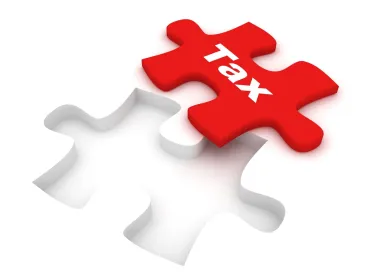Adopting the Senate’s approach, tax reform legislation will not require governmental pension plans to be subject to unrelated business income tax, and tax-exempt entities subject to tax on unrelated business taxable income will need to segregate taxable income and loss for each unrelated trade or business activity.
On December 15, 2017, Congress released a conference committee report to the tax reform bills that were passed by the US House of Representatives on November 16 and the US Senate on December 2. As we previously reported in our November 3 post, the House version of the bill included a provision subjecting entities such as governmental pension plans to tax on unrelated business taxable income (UBTI) on account of their exemption from tax under Section 115 of the Internal Revenue Code. The Senate bill did not include this provision subjecting governmental pension plans to unrelated business income tax (UBIT). The Senate bill did, however, provide provisions for tax-exempt entities subject to UBIT that would require their unrelated taxable businesses to segregate their UBTI trades or businesses activities.
The final tax reform bill US President Donald Trump signed on December 22, 2017, adopted the Senate’s approach, which includes the following:
-
The new law will not require governmental pension plans to be subject to UBIT.
-
Under the new law, tax-exempt entities that are subject to tax on their UBTI will be required to segregate their taxable income and loss for each unrelated trade or business activity for purposes of determining their UBIT.
Under prior law, when a tax-exempt organization operates more than one unrelated trade or business activity, expenses and losses generated by one business may be used to offset income derived from another. Under the new law, a tax-exempt entity must calculate UBTI separately for each unrelated trade or business activity. Thus, a tax-exempt entity cannot offset expenses or losses from one trade or business with income derived from another trade or business. These changes will be effective for taxable years beginning after December 31, 2017. There is, however, a transition rule that permits a tax-exempt entity to carry forward net operating losses that were generated by UBTI-producing investments in a taxable year prior to January 1, 2018, against UBTI-producing investments in later years.
The new segregation provision may potentially impact the decision of some tax-exempt investors on whether to invest using “blocker” corporations, which might ease the reporting and remitting of UBIT. We think additional guidance will be required to determine how to segregate separate unrelated trades or businesses, especially through pass-through investment vehicles.
The dropping of the House provision is good news for government pension plans in that it may be viewed as confirming that such plans are exempt from UBIT due to the fact that Congress had the opportunity to clarify the application of these rules to such plans and did not do so.








 />i
/>i
